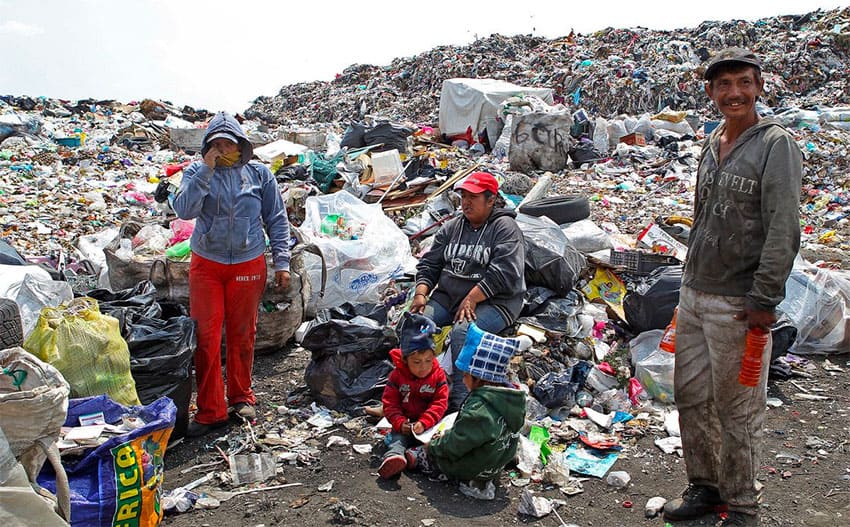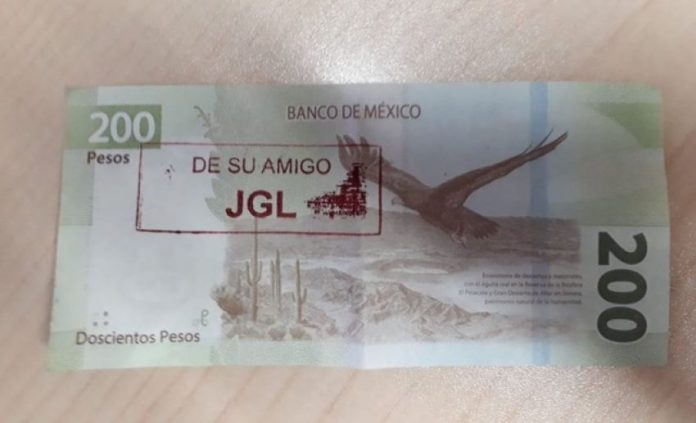The term “trickle-down economics” was coined by Will Rodgers in the early 1930s. His exact quote was as follows:
“The money was all appropriated for the top in hopes it would trickle down to the needy. Mr. Hoover didn’t know that the money trickled up. Give it to the people at the bottom, and the people at the top will have it before night anyhow. But it will have passed through the poor fellow’s hand.”
He was a humorist making a joke. Yes, a joke.
The pseudoeconomic philosophy behind this joke refers to the proposition that taxes on businesses and the wealthy should be reduced as a means to stimulate investment in the short term and benefit society at large in the long term. The theory that businesses will use their tax savings to reinvest in such a way that the average person benefits economically is pure political bunkum. Publicly traded companies will use their tax savings to buy back shares of their own stock, and the wealthy will simply hoard it.
When wealthy people receive a tax break, they rarely spend it in such a way to benefit society in general; they invest it to increase their personal wealth. This amassing of money at the top of the economic food chain will generate no significant benefit to the average citizen.
However, when the average person receives a windfall, they spend it: they pay bills, buy food, pay for home maintenance or auto repairs or any of the myriad ways money trickles through our fingers on a daily basis. Savings maybe, but not so much. As individuals, our spending habits drive the economic engine which powers a modern economy.
However, here in the land of tacos and tequila, trickle-down economics is not only alive and well, it actually works. There are many forms whereby pesos percolate through this deeply stratified society from the very top and eventually down to the impoverished folks who glean a living at the local landfill.
First, let’s take look at the largest fountain of trickle-down funds that suffuses all regions of México: the drug trade.
We are all aware that the various drug cartels in Mexico generate huge amounts of cash. The estimated monetary flow from this illicit enterprise ranges between US $30 billion and $60 billion per year, depending on the information source, and remittances (money sent to Mexico from abroad) are around $30 billion annually. In light of these figures, if the clandestine cash of the drug trade were to evaporate today, the Mexican economy would crash tomorrow.
The average drug lord does not buy stocks or bonds or options or warrants or any type of paper equities. He buys boats, cars, jewelry, houses, airplanes, restaurants and hotels as well as politicians, judges, various policemen and members of the military — along with numerous “street” people.
In Charles Bowden’s book Down by The River, he writes that according to his research, the Juárez Cartel spent about $40 million every month in the late ’90s for bribes, wages and protection (as well as a significant amount of ammunition). That monthly payroll was spread between 10,000 and 12,000 people and made the cartel the largest employer in that quadrant of Mexico. With at least five active cartels operating around Mexico, all spending money in a similar fashion, a significant benefit is trickled down to the average person. I have spent time in villages in the mountains of Sinaloa, and the prosperity is obvious.

Most of the people in this illicit business come from impoverished backgrounds, where spending exuberantly and excessively is the ultimate expression of their success. Therefore, most narco cash is spent in such a way that the pesos are circulated throughout the Mexican economy.
In Culiacán, the Sinaloa Cartel’s cultural center, the narco trickle-down is openly expressed with marked currency. Several months ago, 200-peso notes with the stamped message “De su amigo JGL” started to show up throughout the city. It basically says, “From your friend Joaquín Guzmán Loera,” i.e. the infamous drug lord known as “El Chapo,” who even from a prison in the United States trickles down pesos to the people of Sinaloa.
However, average Mexicans also have many ways to contribute to the trickle-down effect as well. A major one is via trash.
If you have spent time in Mexico, I am sure you have seen beer cans flying out the windows of a vehicle. Most of the gringos who witness this act of giving are appalled by what they think is a wanton disregard for our environment and not a trickle-down. However, at 18 pesos per kilo, those aluminum cans will be gathered by someone who is grateful for each and every one. (Helpful gringo info: it is best to separate aluminum from your household basura; this allows the scroungers to easily access what they are seeking without digging through the trash barrel and scattering its contents onto the street.)
When the trash is picked up, even the basureros (garbagemen) have personal bags with them to collect anything of value. By the time the trash truck empties its load at the landfill, even though very few things of any value are left, there are desperately poor people who eviscerate the bags and pick through the contents.
The process of recycling — another form of trickle-down — has been finely tuned throughout Mexico for many generations. North of the border, recycled items are handled by recycling companies, not by impoverished individuals who live a hand-to-mouth existence.
The typical small tire repair shops in Mexico are a prime example of the Mexican ingenuity employed in recycling. These shops will recondition and reuse tires that would warrant jail time in the U.S. or Canada. In a country where a single new tire can cost 2,000 pesos and 30% of the working population makes less than 2,000 pesos per month, any tire which can hold air has an immediate value.
Mexico is a country where many benefit from the kindness of others, and the less fortunate position themselves to maximize that benefit. In the cities, every busy intersection has its share of people looking for a handout. Some will perform, some display a sign with a brief outline of a personal horror story and the severely handicapped just hold out a hand.
In rural areas, vendors will set up at the topes (speed bumps), where motorists are forced to slow to a crawl. In these situations, it is the people without automobiles soliciting a pittance from the people wealthy enough to own an automobile. Even when a person withdraws pesos from an ATM, the machine will ask if you wish to donate to a children’s fund.
Now, if the government would just put a value on anything plastic — bags, cups, packaging, etc. — the landscape would be trash-free, and the impoverished would benefit.
The writer describes himself as a very middle-aged man who lives full-time in Mazatlán with a captured tourist woman and the ghost of a half-wild dog. He can be reached at [email protected].
